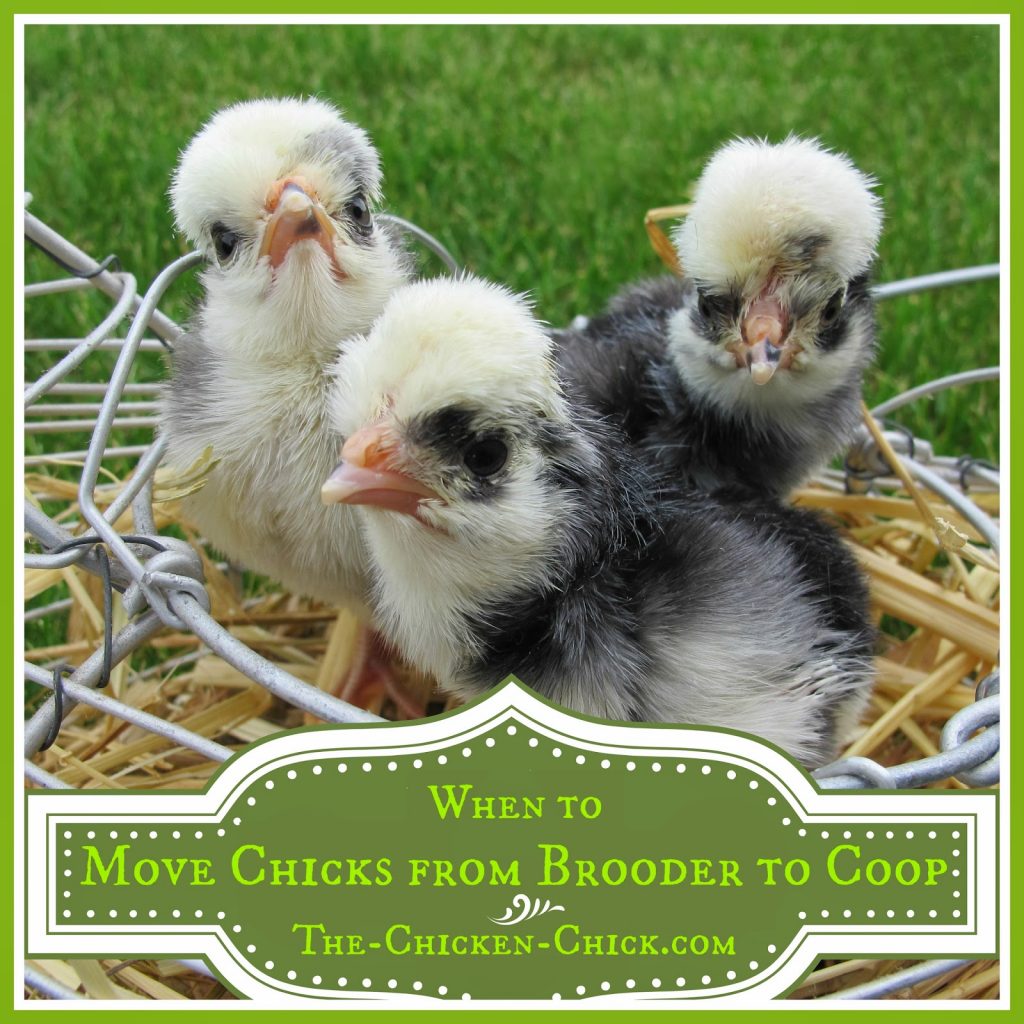When it comes to raising chickens for eggs or meat, knowing when to buy chicks is an important part of successful chicken husbandry. Purchasing your chicks at the right time will ensure that you get the healthiest birds, and that they have the best chance of thriving in your coop. This article will provide you with everything you need to know about when to buy chicks, from the best time of year to the things to look for in a healthy chick.
Factors Affecting the Perfect Time to Buy Chicks
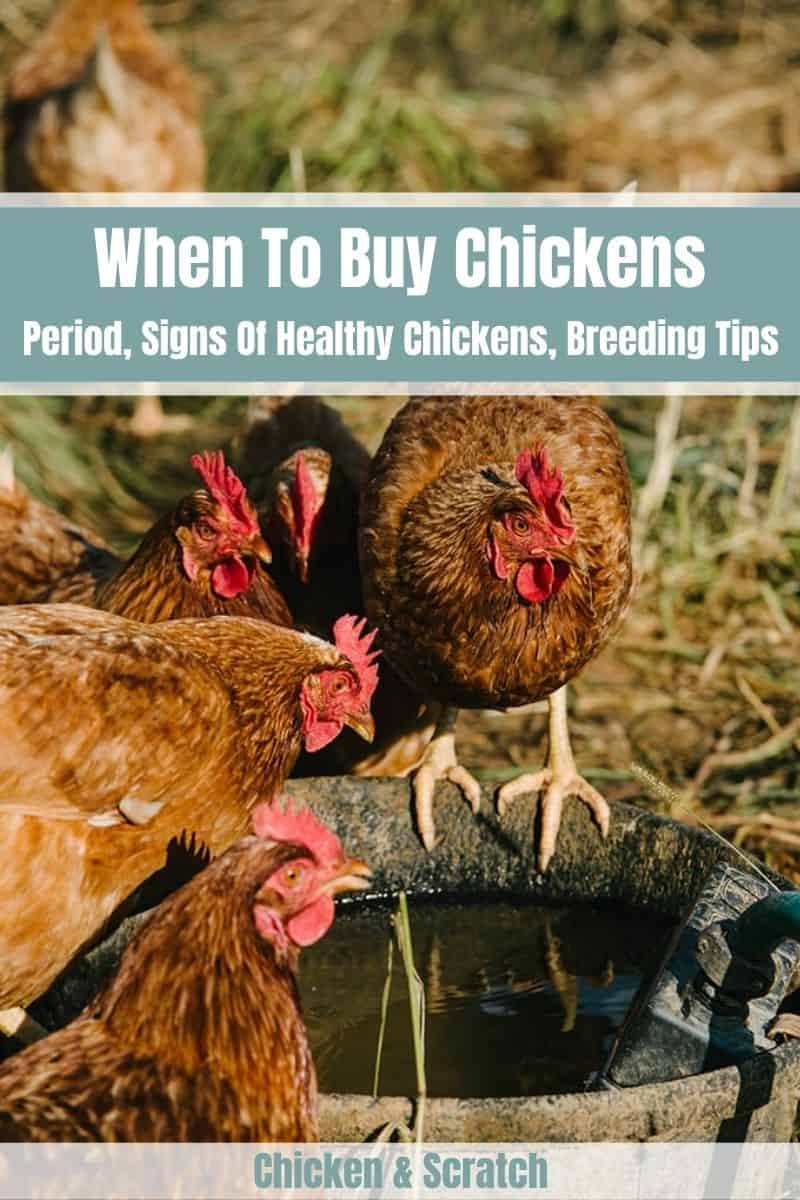
Weather
Weather is one of the key factors to consider when determining the perfect time to buy chicks. Chicks need warmth and security to survive, so it’s best to purchase them during milder, warmer months. In some cases, chicks can be purchased year-round, but it’s important to know the temperature in which they will be kept so that they can be properly cared for.
Availability
Availability is another factor to consider when deciding when to buy chicks. If the breeders or hatcheries in your area are in high demand, you may need to purchase your chicks early to ensure that you get a good selection. Additionally, it’s important to make sure that the breed of chicken you want is readily available.
Cost
The cost of chicks can vary depending on the breed and where they are purchased. It’s important to research and compare prices to ensure that you get the best deal. Additionally, it’s important to factor in the cost of food, bedding, and any other supplies that may be needed to care for your chicks.
Your Chicken Husbandry Goals
Finally, it’s important to consider your chicken husbandry goals when deciding when to buy chicks. If you’re raising chickens for eggs, then it’s best to buy chicks during the spring so that they can begin to lay eggs by the end of the summer. Alternatively, if you’re raising chickens for meat, then it’s best to purchase chicks in the late summer or fall so that they can reach slaughter weight by the following spring.
In conclusion, when deciding the perfect time to buy chicks, it’s important to consider the weather, availability, cost, and your chicken husbandry goals. Knowing these factors will help you make an informed decision and ensure that you get the best chicks for your needs.
The Best Time to Buy Chicks
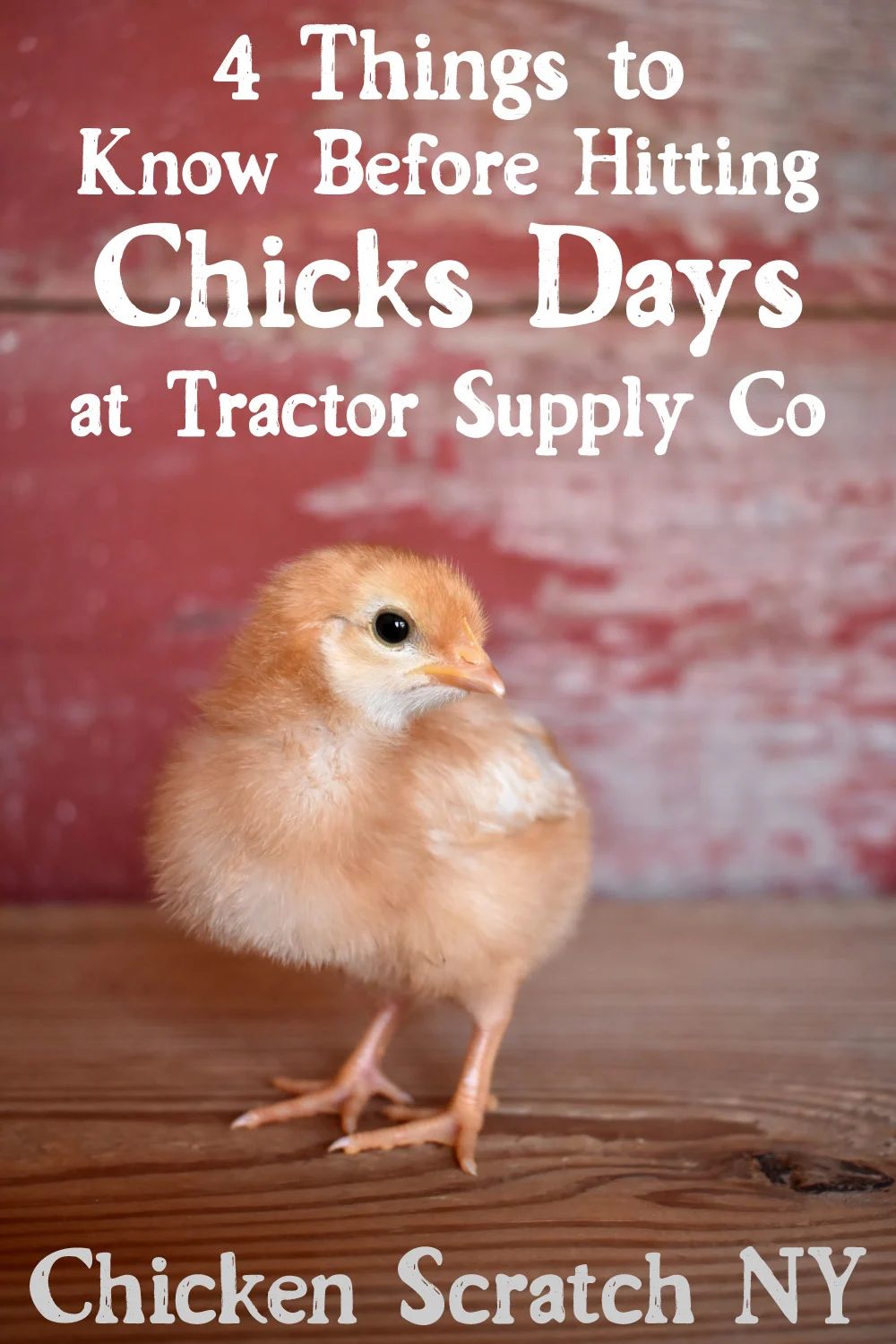
- Spring: Spring is the ideal time to buy chicks because the weather is warm, and the chicks are strong and healthy. This is the time when most hatcheries have the largest selection of chicks available.
- Summer: Summer can be an ideal time to buy chicks if you live in an area with mild winters. In this case, the chicks can be purchased and then have time to mature before the cold temperatures arrive.
- Late Fall: Late fall is also a good time to purchase chicks as the weather is starting to cool off, and the chicks will have time to mature before the winter chill arrives.
- Winter: Winter is not the best time to buy chicks, as the temperatures are too cold for the chicks to survive. If you must buy chicks during the winter, make sure to provide an enclosed, heated area for the chicks.
When is the best time to buy chicks? The optimum time is in the spring, when the weather is warm and the chicks are strong and healthy. This allows the chicks to mature before the cold temperatures arrive. Summer is also a good time to buy chicks if you live in an area with mild winters. Late fall is also a good time to purchase chicks as the weather is starting to cool off. Winter, however, is not the best time to buy chicks, as the temperatures are too cold for the chicks to survive.
Preparing for the Chicks

Housing
When is the best time to buy chickens for your chicken husbandry? Before you purchase any chicks, you will need to ensure that you have a proper housing solution for them. This should be a secure and well-ventilated space, designed to keep the chicks out of the weather and predators. Consider the size and number of chickens you plan to have, and make sure your housing solution is large enough to accommodate them all.
Supplies
You will also need to make sure you have the necessary supplies on hand before purchasing your chicks. This includes items such as bedding, feeders, waterers, and heat lamps. Having these items ready and available before you get your chicks will ensure that they have everything they need to thrive.
Feed
You will need to ensure that you have a source of high-quality feed for your chicks. This should be a feed specifically designed for chicks, as it will provide them with the nutrients they need to grow and develop. It is also important to make sure that the feed is fresh and free from mold or other contaminants.
Water
Finally, you will need to make sure that your chicks have a constant source of clean, fresh water. This should be changed regularly to ensure that it remains free of bacteria and other contaminants. It is also important to check the temperature of the water, as chicks need water that is slightly warmer than room temperature.
When you have all of the necessary items in place, you can begin to think about purchasing your chicks. The best time to buy chickens is usually in the spring or early summer months, when the weather is warm and there are plenty of healthy chicks available. However, you should always make sure to research the breeders you are considering purchasing from and make sure that their chicks are healthy and well taken care of.
Ensuring Successful Integration
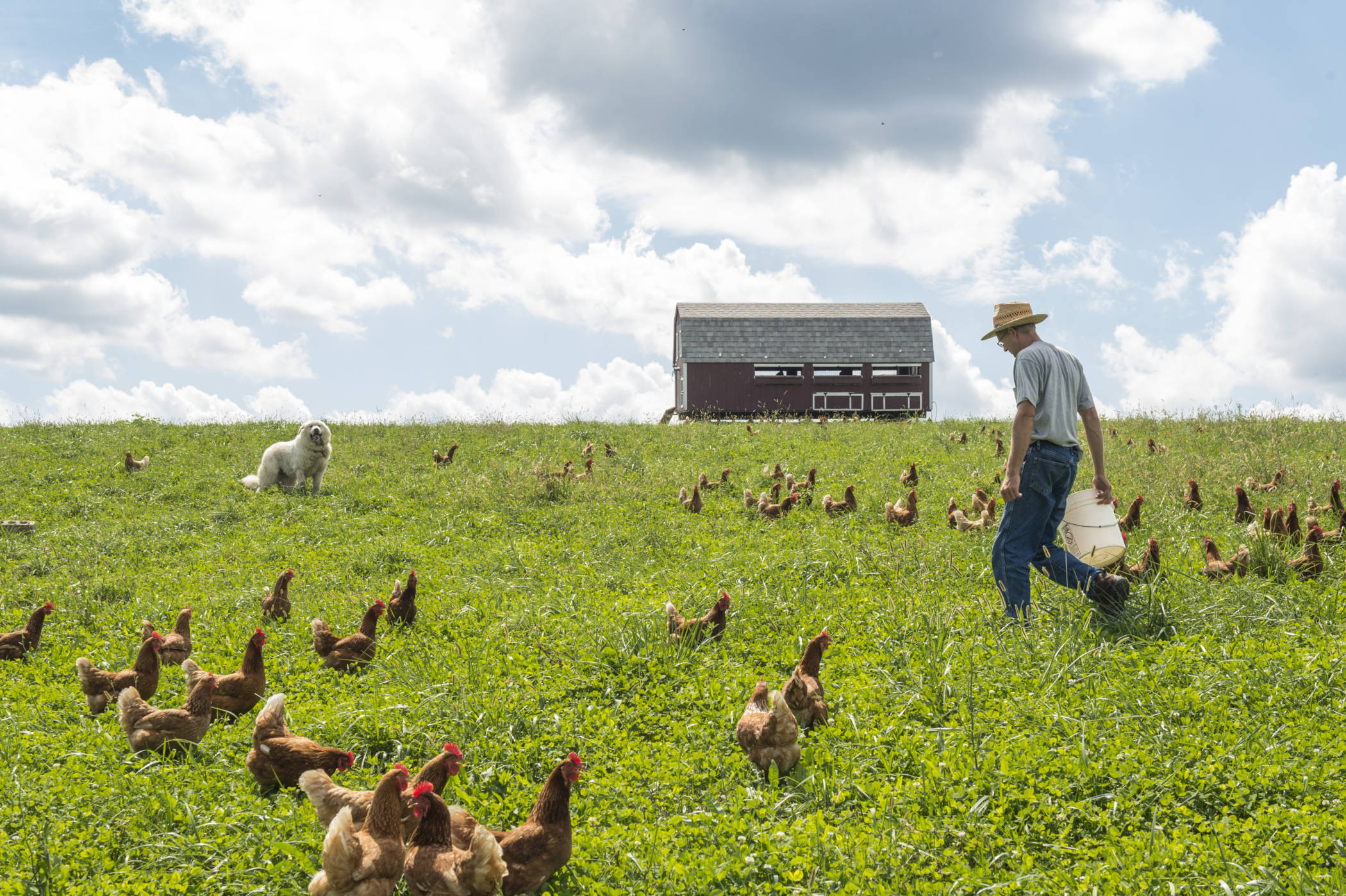
When it comes to bringing chicks into your chicken husbandry, timing is key. It’s important to ensure that the chicks are properly integrated and that they are healthy and happy. To do this, there are a few things you’ll need to consider.
Introducing Chicks to the Coop
The best time to introduce new chicks to the coop is when they are still young. This will allow them to get used to the environment and get to know the other chickens. It’s important to make sure that the chicks are comfortable, so you should ensure that the temperature in the coop is suitable for them. The chicks should also have access to food and water.
Monitoring
Once the chicks have been introduced to the coop, it’s important to monitor them to make sure they are healthy and happy. You should look out for signs of stress, such as feather picking or aggressive behavior. If you notice any of these signs, you should take steps to address them.
It’s also important to keep an eye on the chicks’ growth. You should make sure that they are getting enough food and water, and that they are growing at a healthy rate.
In conclusion, timing is key when bringing chicks into your chicken husbandry. It’s important to make sure that they are properly integrated and that they are healthy and happy. To do this, you should ensure that the temperature in the coop is suitable for them, that they have access to food and water, and that you monitor them for any signs of stress. Following these steps will help to ensure a successful integration of your chicks into the coop.
Caring for Chicks
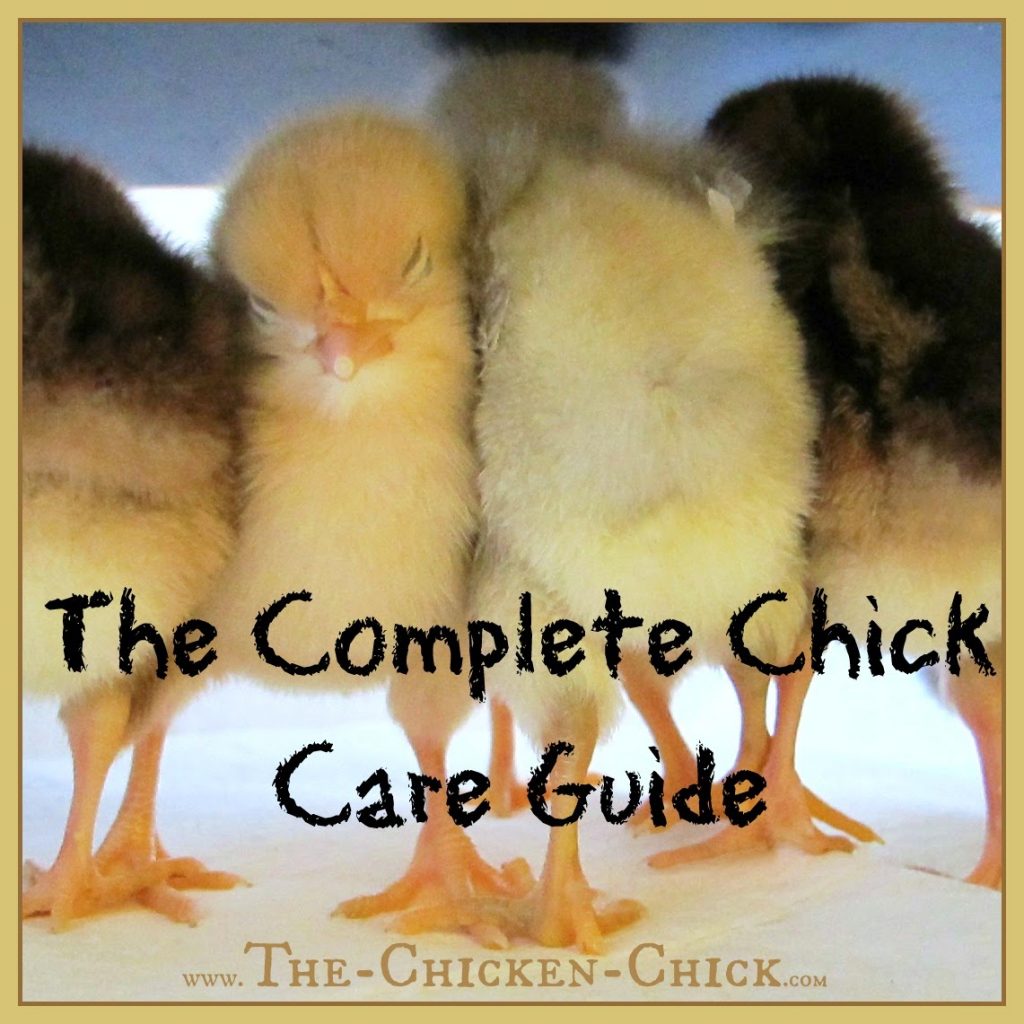
Once you have purchased your chicks, it is important to have the proper environment and care for them. Proper nutrition is key and should always be provided. Depending on the age of the chicks, you may need to provide a high-protein starter feed. As they mature, you can switch to a layer feed. Make sure to provide plenty of fresh water daily.
When housing chicks, they need to be kept in a warm, draft-free area. Brooder boxes are usually used to house chicks. The temperature in the box should be 90-95°F for the first week, then gradually reduce the temperature by 5°F each week until it reaches 70°F. You can use a heat lamp to keep chicks warm. Be sure to keep it out of reach as chicks can easily get burned.
You will also need to keep the brooder box clean and dry to minimize the risk of disease. Change the bedding regularly, and clean the box as needed.
Chicks also need plenty of room to move around and exercise. A brooder box should be at least four square feet per chick.
Be sure to keep an eye on your chicks for signs of illness or injury. If you notice any problems, contact a veterinarian for advice.
Finally, it is important to provide your chicks with enrichment activities, such as toys, perches, and other fun items. This will help keep them entertained, encourage natural behaviors, and help prevent boredom.
Vaccinating Chicks
- Chicks should be vaccinated against Marek’s Disease and Newcastle Disease at 1-2 days of age.
- Vaccination is done by spraying a vaccine containing live Marek’s Disease and Newcastle Disease viruses onto the chicks.
- Vaccines can be inactivated, such as those used in combination vaccines, but they are less effective.
- It is important to vaccinate chicks as soon as possible after they hatch in order to ensure they have enough antibodies to protect them from disease.
- Vaccinating chicks is an important part of maintaining a healthy chicken flock, as it helps prevent diseases that can cause serious illness or even death.
- Vaccination should be done by a qualified poultry veterinarian or poultry specialist.
Frequently Asked Questions
How Soon After Purchasing Chicks Should They Be Moved to a Coop?
Chicks should be moved to a coop as soon as possible after purchasing. The coop should be prepared in advance to provide comfortable, secure and safe accommodations for the chicks. When they arrive, they should be placed in the coop and given fresh food and water. The coop should be kept at a consistent temperature and humidity level to ensure the chicks’ wellbeing. Additionally, chicks should be checked regularly for signs of illness or parasites.
What Vaccinations Should be Administered to Chicks?
Marek’s Disease Vaccination: This vaccination helps protect chickens from Marek’s Disease, a common virus that can cause paralysis and eventually death. The vaccine is usually administered in the form of a spray or eye drop.
Newcastle Disease Vaccination: This vaccine helps protect chickens from Newcastle Disease, a virus that can cause breathing problems, neurological signs, and even death. The vaccine is usually given in the form of an intramuscular injection.
Infectious Bronchitis Vaccine: This vaccine helps protect chickens from infectious bronchitis, a virus that can cause breathing problems and reproductive issues. The vaccine is usually given in the form of an intramuscular injection.
Infectious Coryza Vaccine: This vaccine helps protect chickens from infectious coryza, a virus that can cause respiratory symptoms and decreased egg production. The vaccine is usually given in the form of an intramuscular injection.
Gumboro Disease Vaccine: This vaccine helps protect chickens from Gumboro Disease, a virus that can cause decreased egg production, respiratory symptoms, and neurological signs. The vaccine is usually given in the form of an intramuscular injection.
What type of housing should be provided for chicks?
- Size: Chicks need enough space to move around and explore. A good rule of thumb is one square foot per chick.
- Temperature: For the first week, chicks need to be kept at temperatures of 95-100 degrees. After that, the temperature should gradually be lowered to 70-75 degrees.
- Light: Chicks need 14-16 hours of light each day, so they should have access to a heat lamp or other light source.
- Protection: Chicks need protection from predators, so the housing should be secure and have solid walls and a roof.
- Ventilation: Chicks need good ventilation to stay healthy and comfortable. Make sure the housing has plenty of air holes and/or fans.
How Much Feed Should be Given to Chicks?
Chicks should be fed a starter feed designed specifically for them. This feed should contain at least 18-20% protein and provide essential vitamins and minerals for proper growth and development. Chicks should be fed the starter feed until they are six weeks of age, at which point the feed can be switched to a grower feed with lower protein levels. Chicks should be given ad libitum access to feed and fresh, clean water for the duration of their growth period.
How can the temperature of the brooder be regulated?
- Thermostat: A thermostat placed in the brooder can be used to control the temperature by automatically turning the heat on and off depending on the desired temperature.
- Heat Lamp: A heat lamp can be used to provide additional heat when needed. The lamp should be placed far enough away from the chicks to avoid burning them.
- Bedding Material: Bedding materials such as wood shavings and straw can be used to insulate the chicks and keep them warm.
- Ventilation: Proper ventilation is essential to regulate the temperature and provide fresh air. This can be achieved by opening windows, using fans, or installing vents in the brooder.
- Water: Adding water to the brooder can help to reduce the temperature, as the water will evaporate, cooling the air.
Conclusion
Buying chicks for your chicken husbandry requires careful research and planning. It is important to consider the health of the birds, their age, and the time of year in order to ensure that the chicks will be healthy and strong when they arrive. Once you have decided on the type and age of chicks, you should also assess the availability of feed, space, and other resources to take care of the birds. Buying chicks at the right time will guarantee a successful and profitable chicken husbandry.
